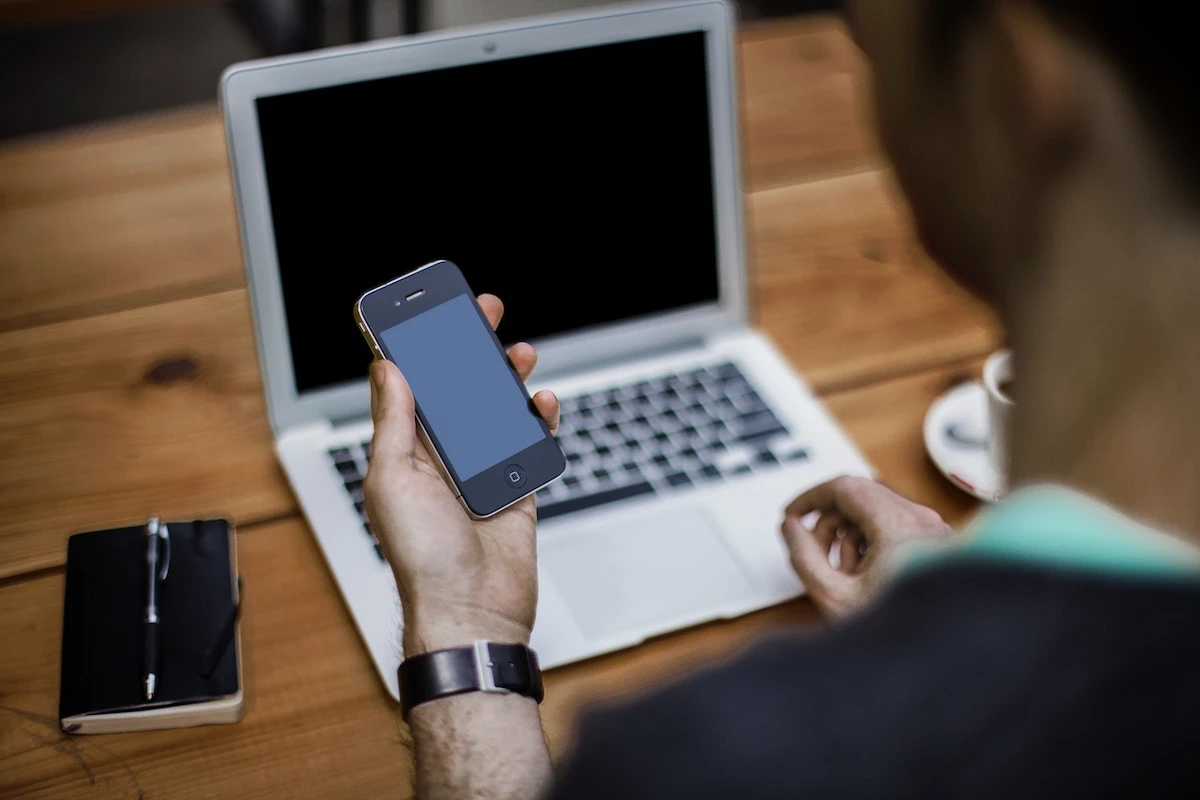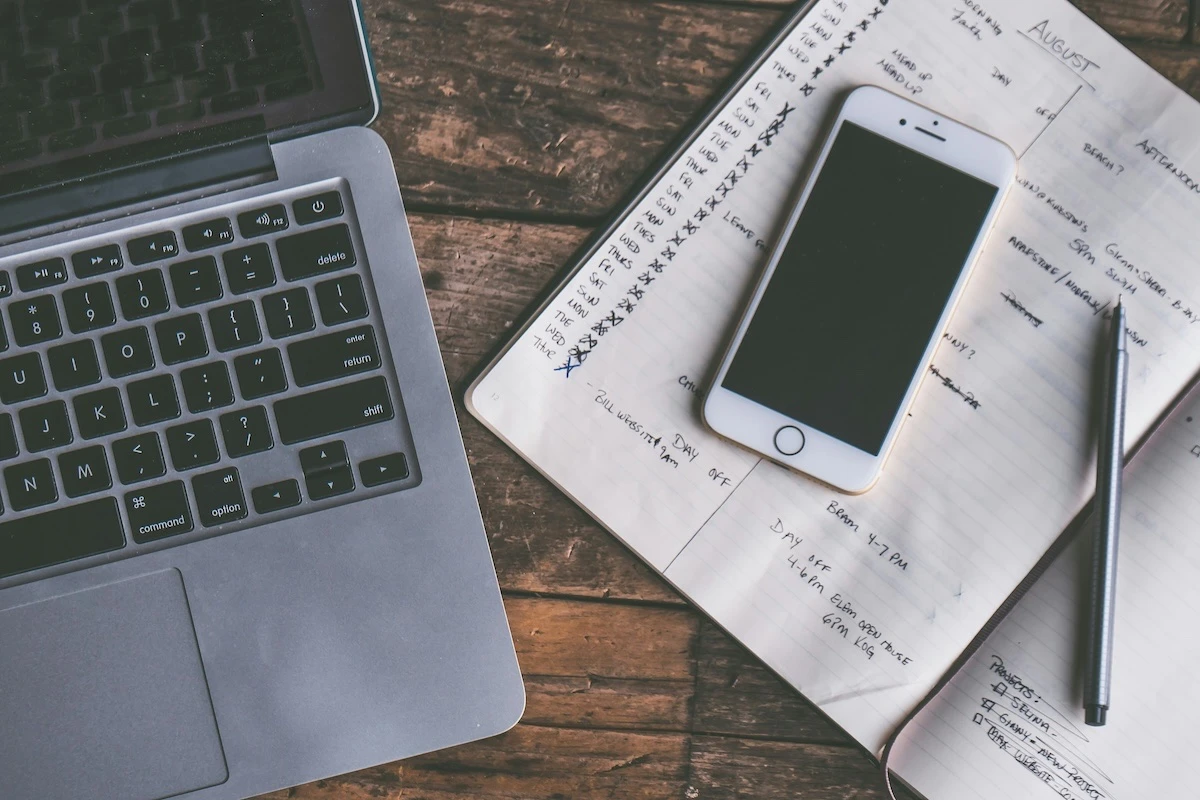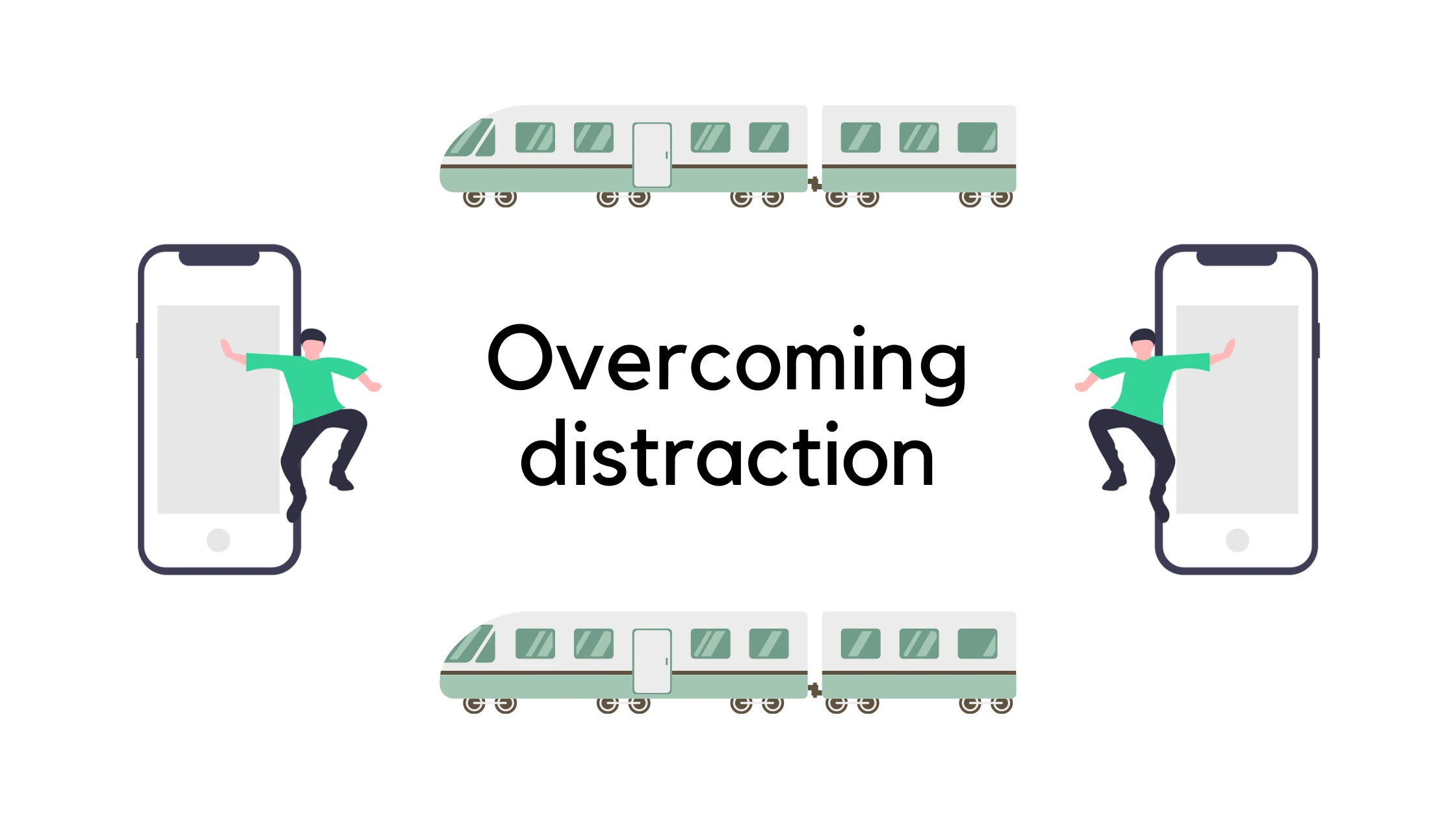Smartphones are a great example of the Jack of all trades, master of none expression. They’re designed to do just about everything, from calling, messaging, taking photos and navigating, to acting as a wallet, a dictaphone and enabling doom-scrolling on Twitter/X. To make all this work well we’ve made tradeoffs in individual functionality. A better messaging device would probably have a physical keyboard and a satellite antenna sticking out the top so we never lost connectivity. A better photo-taking device is a DSLR. The ultimate Twitter/X doom-scrolling device probably has a really tall screen and a handle so we can see long threads without scrolling and hold it comfortably while sitting on the loo.
A great productivity device should still make tradeoffs in form and function as we all do different work, but we’ve made this device already and it’s a laptop. With a physical keyboard, large display, portability, and flexible use cases, laptops are fantastic productivity machines.
It’s pretty obvious to say that laptops are superior productivity devices compared to phones, but I’m going to argue that you should be avoiding using your phone for anything productive at all if possible. Here’s why:
- Smartphones are primarily consumption devices
- Your brain can’t handle multimodal usage of a smartphone properly
- Notifications can derail your train of productive thought in an instant
Smartphones are primarily consumption devices
Smartphones are better as consumption devices than production devices. They mostly have touchscreens which are better suited to tap and swipe gestures than typing or more complex inputs. As consumption devices they are wonderful, the responsiveness of a touch screen lets you easily swipe through various content types, and the portability means you can pull out your phone anywhere and quickly immerse yourself in the latest news or memes. From a productivity point of view though smartphones lack some critical features such as a large screen which doesn’t force software designers to hide useful functionality behind nested menus in the name of space saving. There are physical keyboards on some smartphones but it’s the exception rather than the rule and statistics show that the average user can type 38wpm on a touchscreen vs 52wpm on a physical keyboard (or, people type ~37% faster on a physical keyboard).
Your brain can’t handle multimodal usage of a smartphone properly
As we learn new skills we create and reinforce pathways in our brain, that’s why riding a bike becomes second nature once you’ve learned how and you don’t need to make nearly the same effort to balance as when you first started trying. These pathways are also built in your brain as you use your phone, certain habits and activities become associated with your phone and become second nature. This would be great if you only ever used your phone for productive purposes. Every time you picked it up you’d habitually open up your notes app to start drafting a blog post, or your emails to triage your inbox.
I’m confident however that you’re like me and use your phone for all sorts of other things like Twitter, Instagram or Hinge. And if you’re anything like me then you use your phone way more for those apps than for anything productive. This means that whenever you open your phone with the intention of productivity you’re fighting an uphill battle with your brain which wants to follow the well-established pathways and start doom-scrolling.
Notifications can derail your train of productive thought
Let’s say you have the best intentions and have managed to start a productive activity using your phone. The problem is they are notification machines with every app vying for your attention and every time you get a notification you’re going to be, at best distracted briefly from your work and losing a little concentration, and at worst completely stopping work to context switch and respond to the notification you’ve received. Even if you have notifications turned off there’s always a part of your brain wondering if someone has sent you the latest funny meme while you’ve been working. Some people can blank this out, but for most, it’s another barrier to true focus/flow. The solution once again, is just to use a laptop for your work and keep your phone in your bag or another room as out of sight helps keep it out of mind.
The prescription
Use your phone for what it’s best at, and other devices for work. I have found my productivity vastly improved by not using my phone for anything productive if I can help it. For the same reason, I try not to use my laptop for anything consumptive either. Separating the two devices so that one is for work and the other is for almost everything else is enormously helpful as I now sit down with my laptop and instantly feel like doing something productive as it’s habitual. If I’m on my phone and think of something work-related that needs to be done, I’ll quickly add it to my task management system, Tatask, then go back to whatever Twitter thread I was reading. If I’m on my laptop and see an interesting article to read I’ll send it to my Kindle using Ktool and then get back to work, or if I want to watch a Youtube video I’ll do so on my television knowing that if I built a habit of watching Youtube on my laptop I’d be lost in every rabbit hole imaginable!
Conclusion
I think the primary reason we aren’t productive with our phones is not the lack of physical keyboards or larger screens but because of the habits we’ve built around them. If you manage to train yourself to be productive on your phone without getting distracted by everything else a phone is capable of and arguably more designed for then please teach me how! For everyone else, try using separating what you use your phone for compared to what you use your laptop for.
In the meantime, I will point everyone who asks me why I didn’t start building native apps for Tatask to this post as an explainer. Having said that, native apps are now in development because sometimes I really do need to organize my tasks on the go and that’s ok because the key to productivity is flexibility! Thanks for reading, and good luck.



